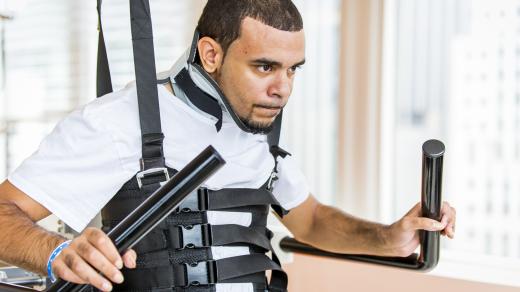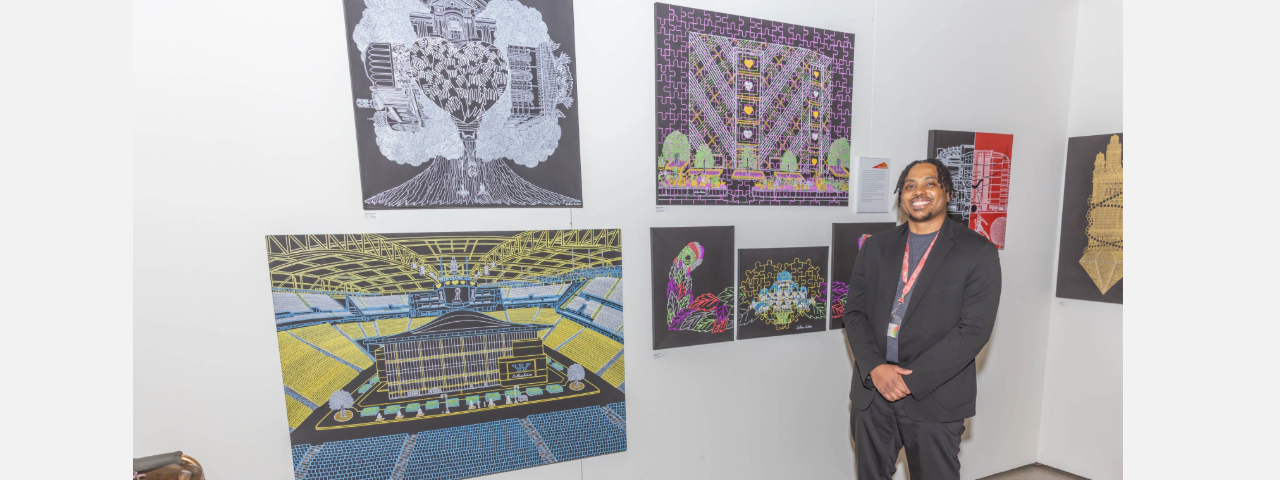Body
Not long ago, Allen Washington was a busy executive who traveled the country on business trips while trying to stay healthy and active, walking up to two miles a day for exercise.
But that came to an end when he developed Covid-19, the disease caused by the new coronavirus, in June. Mr. Washington spent three weeks lying in a hospital bed in a medically induced coma. When he woke up, he discovered his body had deteriorated. He had bedsores and was too weak to walk or stand. He had nerve damage in his legs, neck and shoulders. He suffered from memory loss and kidney failure.
While he survived Covid-19, Mr. Washington, 60, is now grappling with the aftermath of the disease. To regain his strength and motor skills, he undergoes physical and occupational therapy at the Shirley Ryan AbilityLab in Chicago, which specializes in helping people who have been debilitated by Covid-19 and other illnesses. Since leaving the hospital, he has had to relearn simple tasks that became too difficult because of his memory loss and muscle weakness, like walking up stairs, tying his shoes and getting dressed in the morning.
“I came back from death’s door, and now I have a lot of work to do to get better,” he said.
For some patients, like Mr. Washington, lifelong nerve damage can be a particularly devastating consequence of Covid-19. A study published in the British Journal of Anaesthesia this month found that nerve injuries were common among patients on ventilators because they are frequently placed face down in their hospital beds. This practice, called “proning,” improves their breathing and can be lifesaving. But it can also compress nerves in the shoulders, legs and other limbs, increasing the odds of a disability. “It’s one of the more severe and substantial neurological problems that people can experience from Covid-19,” said the lead author of the study, Dr. Colin Franz, a physician-scientist at Shirley Ryan AbilityLab and an assistant professor of physical medicine and rehabilitation and neurology at the Northwestern Feinberg School of Medicine.
Mentioned Profile

Colin Franz MD, PhD
Physician-Scientist Board Certifications: Neuromuscular Medicine, Electrodiagnostic Medicine, and PhysiatryBody
Read the full story on the NYTimes website.
More Reading
Questions? Contact:
Mentioned Profile



